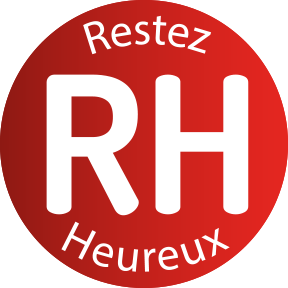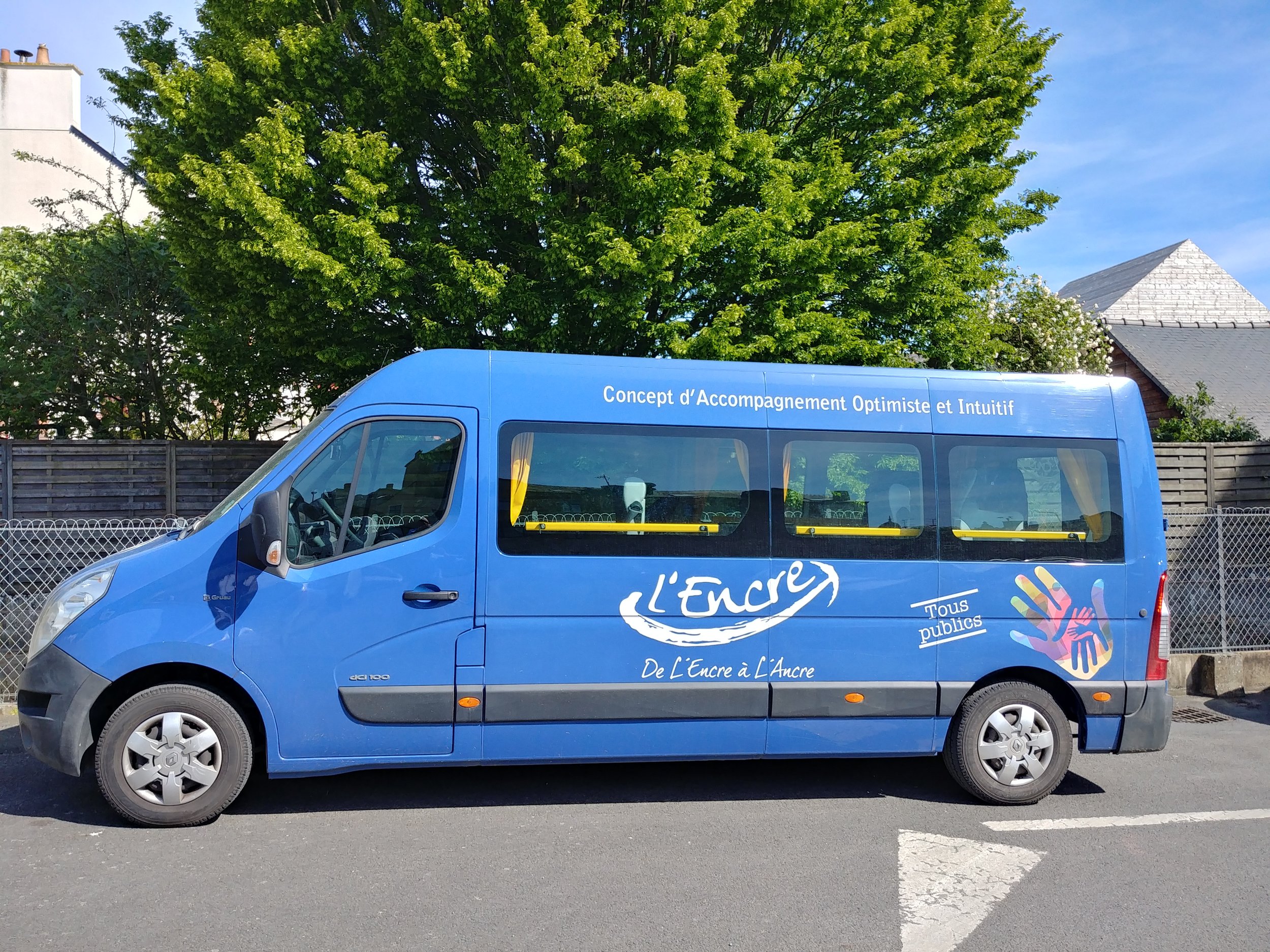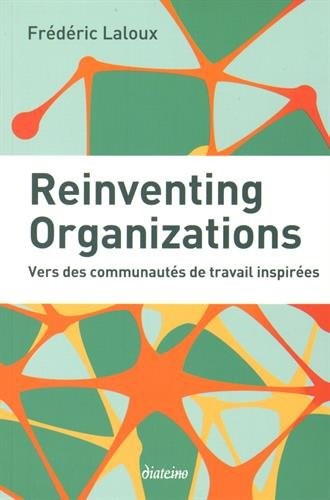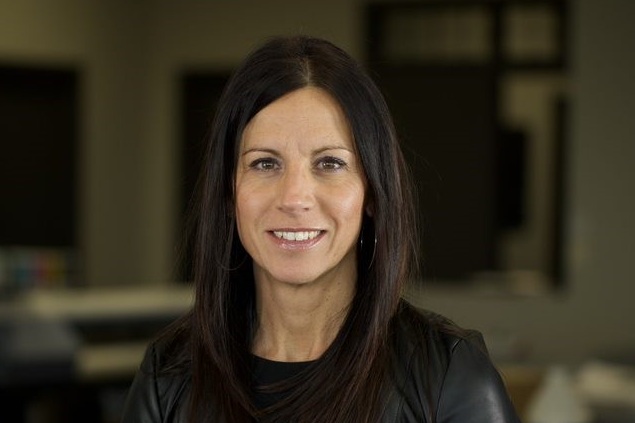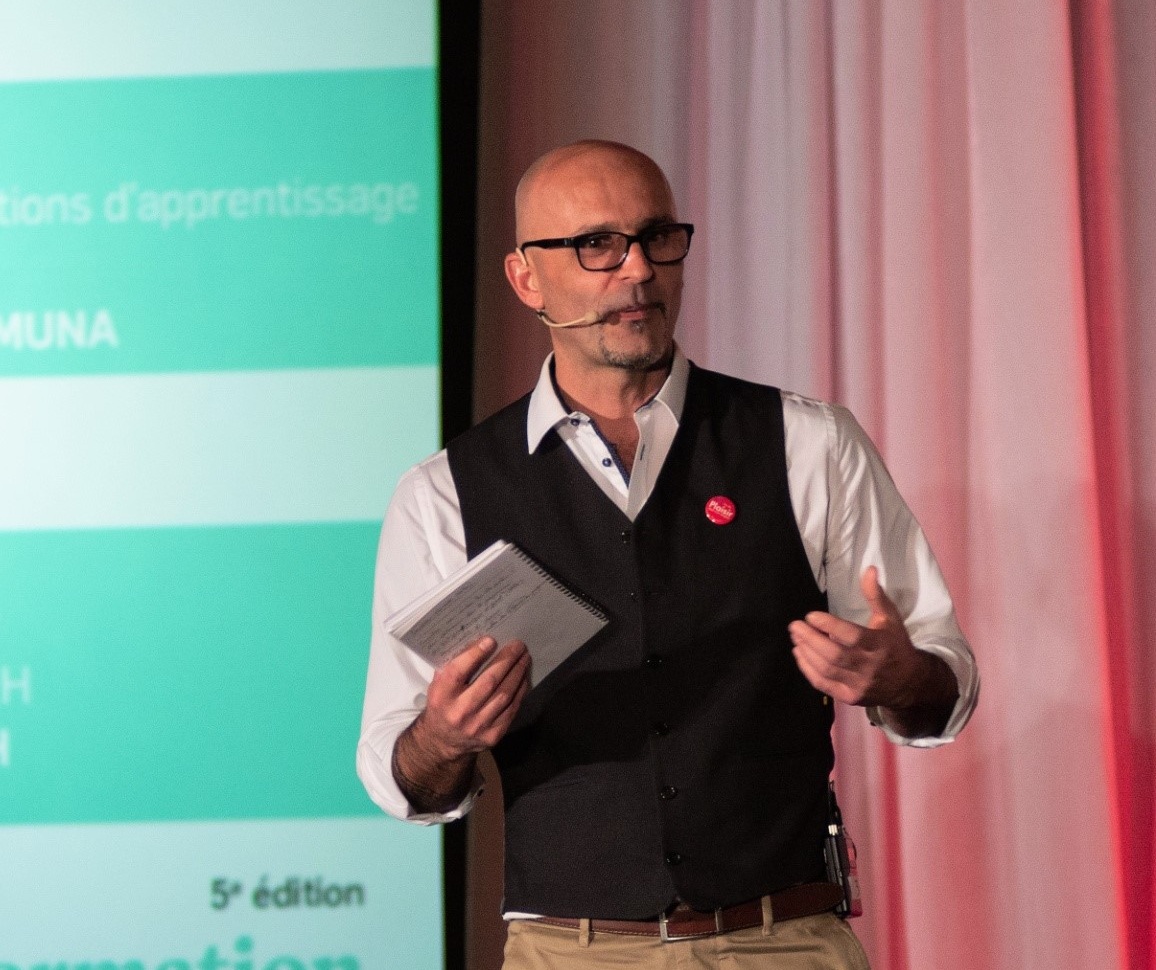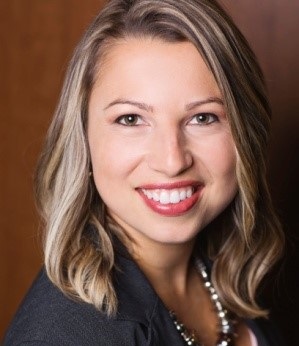Indeed, in some organizations, mistakes are even strongly encouraged. For example at Gore-Tex, the founder Bill Gore used to say "If you didn't make any mistakes, it means you didn't take enough risks". A powerful lesson for us all!
So what is our approach to F-form?
At Patrimoine-RH, we always advise new clients that they are likely to see a drop in their performance or results during an initial transition to F-form - a period of about one year - due to the change to a non-conventional work methodology and the loss of traditional, familiar landmarks.
In reality however, we see the opposite; most of our clients (PMB, DPME, etc.) experience the best performance and results in their history, in the 12 to 18 months following the change over to the F-form approach.
Concrete results in our clients' companies within 12 to 24 months!
What's the reason for this success?
As indicated from the F-form principal values above, they all believe that their employee's can achieve their full potential. By establishing a strong trust-based relationship between management and staff, it leads to an increased level of employee commitment, company alliance and overall motivation. Furthermore the possibility for staff to improve without being pressured or reprimanded by management, often leads to creative new approaches leading to notable results in the short term.
A company's performance and results are the net consequence of all employees ramping up their collective efforts and serving in the best way, the organization's true boss: the clients!
However, never forget that if you transform your company with the only goal to make money more quickly without truly believing and committing to this management philosophy, you are taking a big risk! Some already experienced this: Auchan, France for example - even though, within the Auchan group there are several subsidiaries that have still performed well as F-form companies (Decathlon, Kiabi, Leroy Merlin...).
However, the list of successful F-form examples is far more illustrious. For instance, take these great Directors below that decided to bet on trust and engagement in their employees by adopting the F-form approach in their organizations:
Robert F. McDermott of F-form in USAA insurance, was inducted in 1989 into the American National Business Hall of Fame (ANBHF) who rewarded American Directors per year for their inspired leadership and their ethic.
Ricardo Semler, of Semco Brazil, was named Business Man of the year 1990 in Latin America by the Wall Street Journal America Economia. He also was named twice, in 1990 and in 1992, Business Man of the year, Brazil.
Bill Gore, founder of W.L. Gore - the first F-form company in history, inducted posthumously in 2003, in to the American National Business Hall of Fame.
Vineet Nayar, HCL Technologies, an Indian giant of IT services, in 2011 has received the 'CEO Prize of the Year', India. In 2013 he also received the "Olivier Lecerf" Prize from the Academy of Moral and Political Sciences.
Franck Van Massenhove (NL), of the Belgium Social Security Ministry, was elected "Manager 2007 from public sector" of Belgium. Laurence Vanhée, who contributed to adopting F-form this Ministry, has been elected HR Director of the year, 2012 in Belgium.
Carlos Verkaeren, Poult group, received the "Innovation Management" Prize in 2010, and the "The Hopes of Management" Prize in 2013.
Eric Boël, CEO of Tissages de Charlieu, received the "Philibert-Vrau" Prize in November 2016 from La fondation des Entrepreneurs et Dirigeants Chrétiens (Foundation of Christian Business Men) and is credited with "removed the bell that were snuffing the employees out".
The director of Michelin, Jean-Dominique Senard, has won the "Leadership Prize" in 2016 and has "succeed to change the management in the center of his group through his transformational leadership" by means of a responsible approach similar to F-form companies.
Let's not forget Harley Davidson, who did his internship from 1987... The famous factory producing the mythical motorbikes, is a member of the F-form companies movement and owes it to the company's survival. The factory went through a profound crisis in the 80's, after a reorganization and a big drop in workforce the director Richard Tirekink installed a new reorganization and approach - based on trust!
